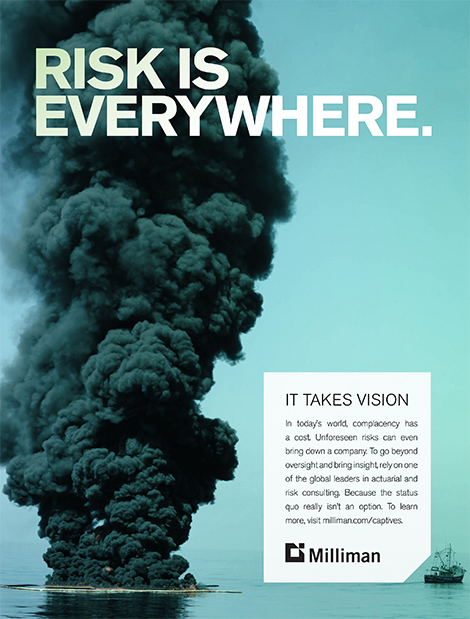Bermuda has a developed captive market that has been active since Fred Reiss set up the first captive, International Risk Management, in 1962.
Bermuda has a developed captive market that has been active since Fred Reiss set up the first captive, International Risk Management, in 1962. More than 50 years later, new captive incorporations continue to come from a wide variety of industries.
The Bermuda Monetary Authority (BMA) was the first insurance supervisor to participate in the National Association of Insurance Commissioners’s (NAIC) expedited process for approving qualified jurisdictions, and remains at the forefront of changes to and cooperation with its international supervision peer group.
There are currently 831 captives active in Bermuda, according to a BMA spokesperson. The number of new captives registered in Bermuda in 2013 doubled the totals recorded in 2012, with 24 new captives registered in 2013 compared to 12 in 2012.
So does this mean that a domicile such as Bermuda is that established that it no longer has to work to attract new clients? CEO of JLTGroup, Killian Whelan, claims that this is not the case.
“Bermuda is certainly not adopting the attitude that biggest is best and the clients will simply come to our shores. Indeed, in the last couple of years, the Bermuda Business Development Agency (BDA) was formed in order to promote all forms of international business in Bermuda, and not just captive insurance.”
“The BDA has established focus groups for each industry sector, including one for the captive industry. The captive focus group is comprised of over 30 professionals from across the industry, including managers, lawyers, accounting firms, banking and investment managers.”
In addition to the main captive focus groups, additional sub-focus groups have also been established that target specific markets including Latin America, Canada and the US.
Despite this infrastructure and pedigree, growth has not been as rapid as usual in recent years.
Due to the growth of onshore US domiciles, there has been a significant decline in US-owned captives in particular. This slowdown has also been compounded by the emergence of companies in Latin America that are looking to use captives in their insurance and risk management programmes.
Regardless of this slight drop, Bermuda’s captive sector wrote $46.1 billion in gross premiums in Q1 2014 and reported total assets of $145.6 billion. In the same period the reported capital and surplus for the sector was $57.1 billion.
While the country offers a wide range of captive products, new entities known as segregated accounts companies (SAC) are on the rise in Bermuda, leading to more international interest.
Middle market companies looking to establish captive programmes in a more cost efficient fashion than a stand alone captive have been exploring Bermuda’s SAC options.
Whelan says: “Another trend we are seeing is companies with diverse business divisions, be they through industry type or varied ownership structure, incorporating a captive insurer and structuring it as an SAC. In doing so, these companies can create a group wide captive strategy but ensure segregation of risk by business unit or group company, as appropriate.”
Bermuda’s captive industry has also been buoyed recently by a domestic company’s victory in a prominent legal case. In the Rent-A-Center case, the US’s Internal Revenue Service (IRS) argued that the company’s captive was created solely to create federal tax benefits.
But the US Tax Court ruled in January that payments to Rent-a-Center’s wholly owned captive, located in Bermuda, were deductible as an insurance expense.
The Tax Court majority found that the Bermuda-based captive is a genuine insurance company because it was created for significant, non-tax reasons and that there was no impermissible circular flow of funds.
It also ruled that the premium payments made by the taxpayer’s subsidiaries to the captive insurance subsidiary are deductible.
Whelan states: “The Rent-A-Center victory is a victory for the captive industry as a whole and not just Bermuda. There has been a long running battle for many years between the captive industry and the IRS, which regularly challenges its legitimacy.”
“This victory reaffirms that if the intent is there to develop and operate a captive in the way an insurance company should, captive owners can feel a more confident that the IRS won’t challenge their captives’ legitimacy.”
In Bermuda, meanwhile, it’s business as usual.
A spokesperson for the BMA comments: “The Bermuda Monetary Authority continues to meet international regulatory standards and apply them in a way that is appropriate for the risk characteristics of the Bermuda market and implement change in a measured, pragmatic way.”
“Bermuda remains the domicile of choice for new captives because of the unique access our entities have to one of the world’s largest reinsurance markets, a deep and experienced talent pool of captive insurance expertise with a global reputation for innovation and excellence and our effective and practical regulatory environment.”





